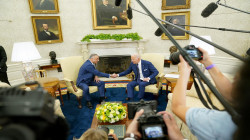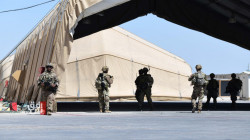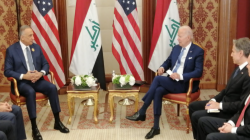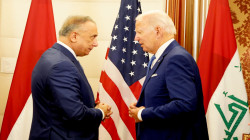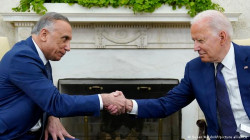WT: U.S. to use Iraqi Intelligence to curtail drone attacks on its troops in Iraq and Syria
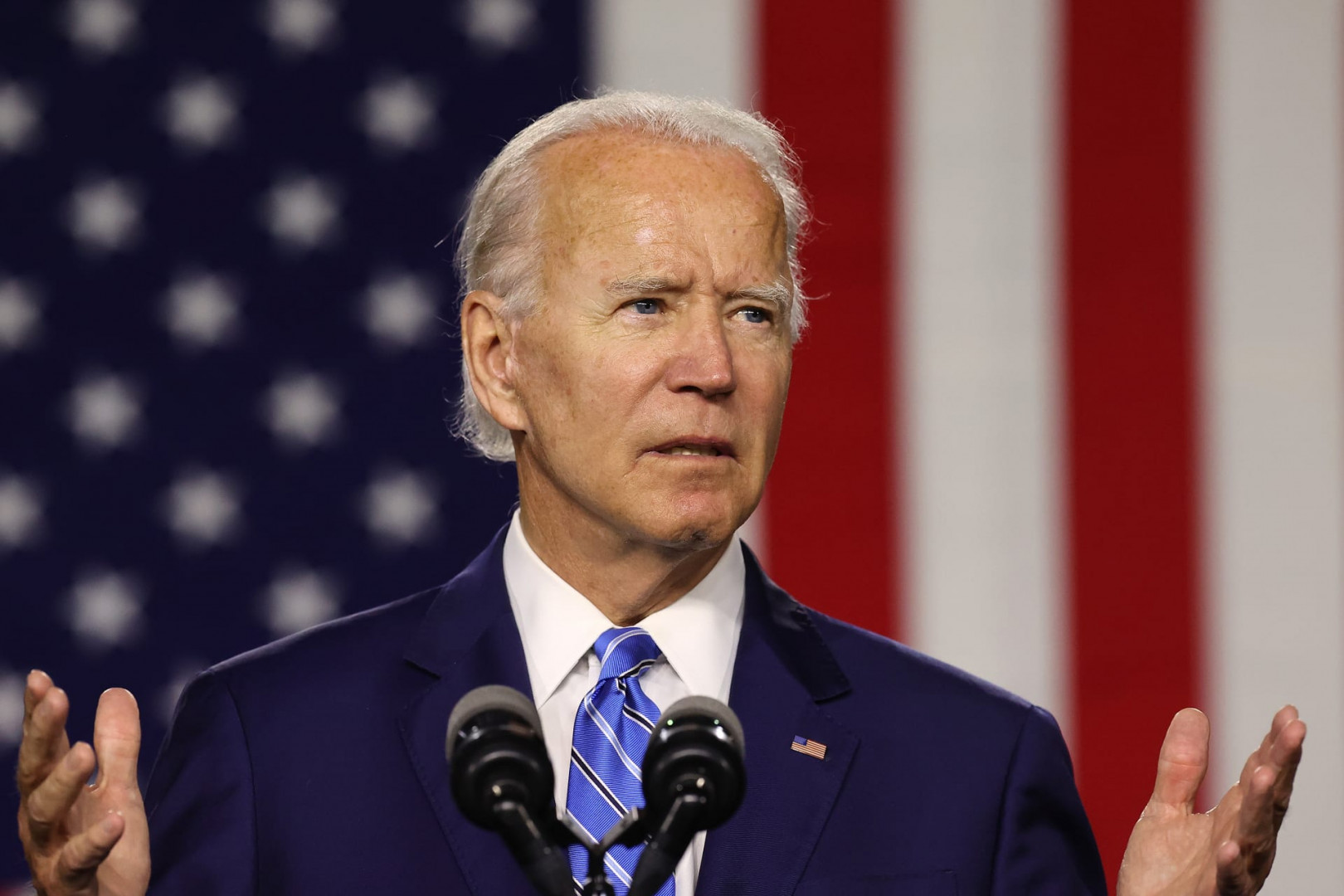
Shafaq News/ U.S. President Biden is expected to use his meeting Monday with the Iraqi prime minister, Mustafa al-Kadhimi, to press him for a stronger role in curtailing Iran-backed drone attacks against U.S. troops in Iraq and Syria, the Washington Times said.
But Biden may not have enough leverage to overcome PM Mustafa al-Kadhimi’s fears of retaliation from Iran, analysts say.
"Iraq is not going to take a hard line against things that are not in the interest of Iraq," said Robert Rabil, a professor at Florida Atlantic University, who has written books on the region.
"The prime minister is pro-U.S., but he is also a nationalist and pro-Iraq. He knows he can’t make an enemy out of Iran."
Since President Biden took office in January, at least eight drone attacks and 17 rocket attacks have targeted U.S. troops in Iraq and Syria. An attack earlier this month on an Iraqi airbase hosting U.S. forces wounded two American service members.
The U.S. blamed the attacks on Iranian-backed militias operating inside Iraq and Syria. The militias make up a large part of Iraq’s Popular Mobilization Forces, a state-sponsored umbrella organization composed of roughly 40 mostly Shia Muslim paramilitary groups.
In response to the attacks, Mr. Biden has twice ordered airstrikes against the militia groups operating inside Syria, including a strike near the Iraqi border.
The president is going to need to sell Mr. Mustafa al-Kadhimi on taking a harder and more public line against the drone attacks if he expects to make progress in the region, analysts say.
So far, Mr. Mustafa al-Kadhimi has been reluctant to take a stronger approach, fearing not only retaliation but blowback in his own country, Mr. Rabil said.
"To go against Iran, he will not do," Mr. Rabil said of the prime minister. "Iraq does not have a political party so he needs to work in consensus. He wants to improve Iraq but has been faced with a lot of challenges. Using Iraq to settle the score between the U.S. and Iran won’t help."
Complicating matters is the tense relationship between Iraq and the U.S. that has lingered since the Trump administration.
Former President Trump last year ordered a drone strike that killed Iran military leader Qassim Soleimani and senior Iraqi military commander Abu Mahdi al-Muhandis. The strike took place at the Baghdad International Airport.
Mr. Biden has sought a fresh start in U.S.-Iraqi relations and Mr. Mustafa al-Kadhimi appears to be on board. The visit to the White House is a sign of warming relationships.
Even if the prime minister won’t use harsher rhetoric against the drone strikes, there are still things he can do to assist the U.S.
First, he can share information with the U.S. about what Iraqi intelligence is gathering on the ground about the militias and drone strokes.
Mr. al-Kadhimi can also work in the region to assist Mr. Biden in overcoming obstacles to reviving the Obama-era nuclear accord with Iran. There are signs that Iran is looking to curb the attacks on the U.S. military to reengage on a nuclear deal.
Mr. Rabil said the drone strikes appear to be structured to send a message to the United States but cause enough chaos to scuttle negotiations. For example, while the attacks have wounded service members, the U.S. has not sustained any casualties.
"If you look at the attacks, they are not aimed in a way to demand a strong retaliation," he said. "They want to be able to say that we handled the United States on our terms, but not provoke a strong response."
Source: WT
